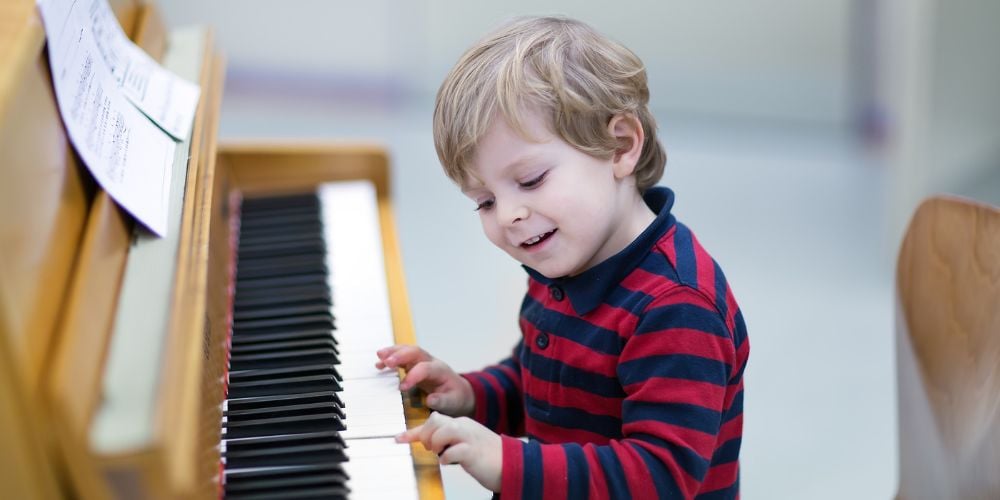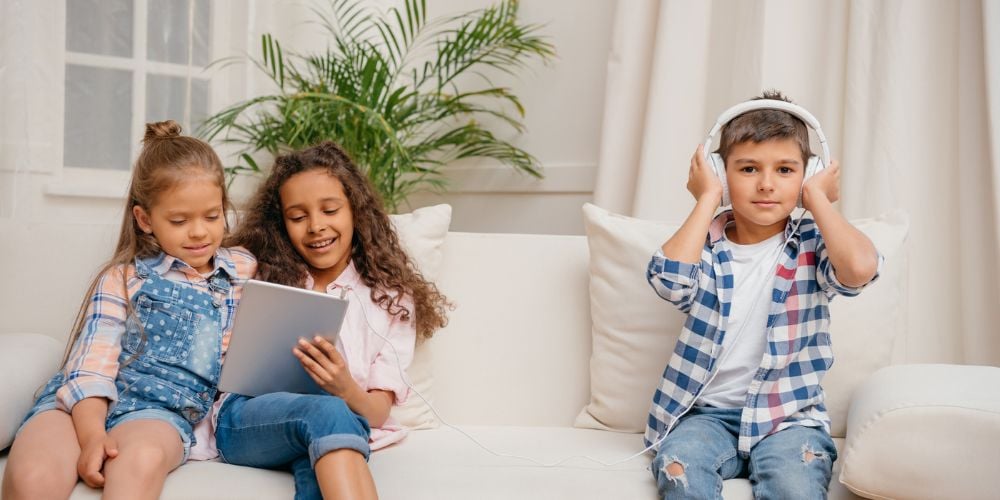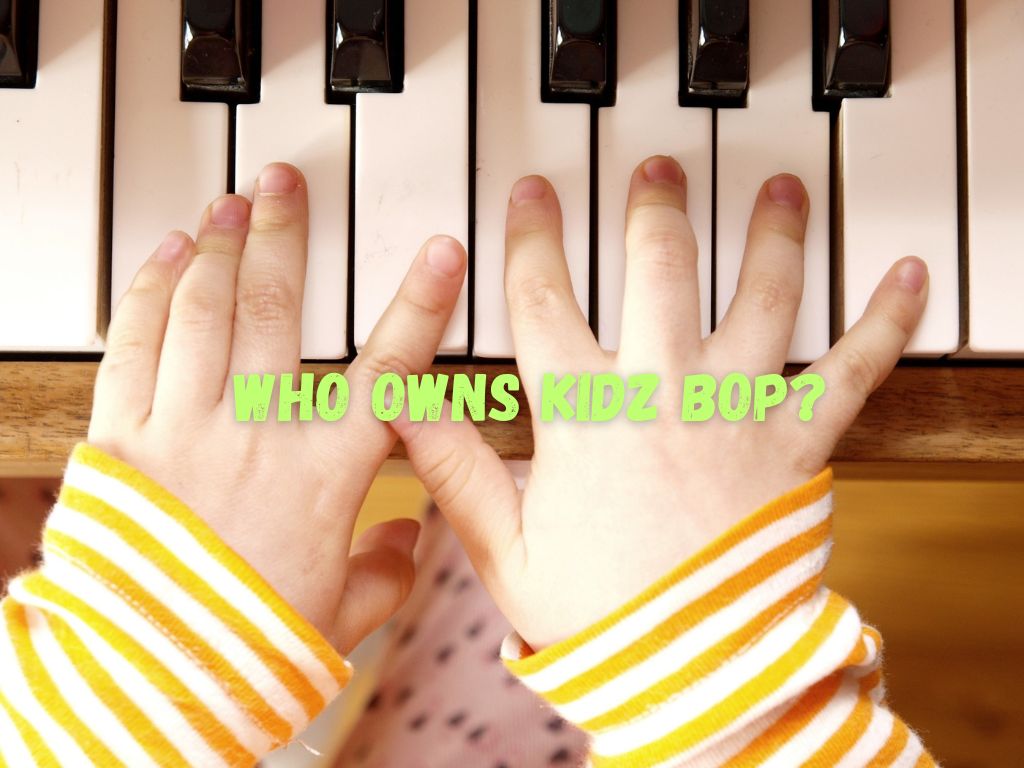Kidz Bop’s presence in children’s music has revolutionized the industry in many ways.
From its early days as birthday party favors, Kidz Bop has become a global phenomenon that dominates the music industry today.
Its brand of music has remained relevant among children in the US and beyond even after almost two decades of existence.
As a parent, you may be curious about the history and ownership of this music conglomerate.
Some of the questions you might ask include, who owns Kidz Bop? Who founded Kidz Bop and when?
This article aims at answering these and many more questions regarding the history and ownership of Kidz Bop.
The Founders and Birth of Kidz Bop
Craig Balsam and Cliff Chenfeld, the founders of Kidz Bop, are long-time friends who share a passion for music.
Before Kidz Bop, the two had already grown and sold a multimillion-dollar company.
After the successful sale of their company, the two friends went on a mission to disrupt the children’s music industry.

Craig and Cliff were motivated to create Kidz Bop when they realized the abrupt change in music preferences among their children.
They noticed that their children had little interest in the traditional nursery rhymes. Instead, the children showed a preference for pop music, which was often inappropriate for their age.
This realization birthed the idea of creating family-friendly pop covers, which is the foundation of Kidz Bop’s music today. The first time the public heard of Kidz Bop was back in the early 2000s.
The first album to bear the Kidz Bop name was released in 2001, and since then, Kidz Bop’s name has become synonymous with children’s music around the world.
The first album consisted of covers of contemporary pop songs that were appropriate for children. The songs on this album were performed by children, for children, and this formula is still going strong over a decade later.
Early Days and Initial Challenges
Kidz Bop’s entry into the music industry was not an easy one. At the beginning of their journey, Craig and Cliff faced a lot of obstacles and skepticism. A significant hurdle was finding a record label willing to take on their unique idea.
The skepticism was understandable as most record labels believed that children would not be interested in covers of popular songs.
However, Craig, and Cliff persisted and found success through Razor and Tie, and the rest is history. An additional challenge both entrepreneurs had to face was the unpredictability of the music industry.
The landscape of children’s music was not ready for Kidz Bop’s unconventional idea, but Kidz Bop was persistent in their approach.
In fact, Kidz Bop’s early success is attributed to their perseverance and doggedness. They even had to manufacture their CDs initially as the record labels didn’t believe the idea was feasible.
Who owns Kidz Bop? Evolution of Ownership
Over the years, Kidz Bop has undergone many changes in ownership. Kidz Bop’s initial success propelled its founders, Craig and Cliff, into acquiring larger shares of the company.
In 2006, they sold Kidz Bop to the parent company of Razor & Tie, Sony Music. The acquisition by Sony Music allowed Kidz Bop to expand its reach globally, and by the time the acquisition was finalized, Kidz Bop had sold over 11 million albums.
In 2017, Kidz Bop again underwent another ownership change when Razor & Tie’s music division was acquired by Concord Music.
Concord Music bought the label group for over $30 million, and the acquisition included Kidz Bop.
The record label change did not affect Kidz Bop’s formula, and the franchise continued to produce family-friendly pop covers loved by kids all over the world.
Current Ownership Landscape
Kidz Bop has been owned by Concord Music since 2017. The CEO of Razor & Tie division for Concord Music is Sasha Junk, who took over from Cliff Chenfeld.
Sasha oversees a team of 70 full-time employees and dozens of freelancers who help with producing the cover albums.
Under Miss Junk’s leadership, Kidz Bop has expanded its promotional activities to include tours, merchandise, and social media campaigns.

Kidz Bop’s Impact and Success
Kidz Bop’s growth and success in the music industry speak for themselves. To date, Kidz Bop albums have sold over 20 million copies.
It is an achievement that few music franchises have ever managed to achieve. Kidz Bop has had tremendous success producing family-friendly covers of contemporary pop songs, making them palatable to children globally.
Kidz Bop’s influence on the industry is significant. The franchise has inspired other children’s music franchises to follow suit, often to little success.
Kidz Bop’s formula is the foundation of modern children’s music worldwide, and it is a testament to the resilience of its founders.
Frequently Asked Questions
Who is the current CEO of Kidz Bop?
The current CEO of Razor & Tie’s division, Concord Music, is Sasha Junk. She took over from one of the founders, Cliff Chenfeld.
Are the original Kidz Bop members still involved?
No, they are not. One of Kidz Bop’s unique selling points is the fresh faces that come with every album release. The Kidz Bop children record for a specific album and then move on to other ventures.
Does Elise Ecklund own Kidz Bop?
No. Elise Ecklund is a popular YouTuber who gained fame online for producing Ukulele covers of popular songs. She has no ownership in Kidz Bop.
What is the future direction of Kidz Bop?
Kidz Bop’s future direction is uncertain. However, based on its success in the past, it is likely that the franchise will continue producing family-friendly covers of popular music.
Conclusion
As parents, we want to provide our children with the best and appropriate entertainment. Kidz Bop has done exactly that for almost two decades now.
Craig and Cliff’s entrepreneurial spirit has revolutionized the children’s music industry, and their formula has become the foundation of modern children’s music worldwide. Kidz Bop is a testament to the resilience of a dream and the power of perseverance.
We may not know what the future holds for Kidz Bop, but one thing is for sure, Kidz Bop will continue to dominate the music industry for children worldwide.


 Tags:
Tags:










